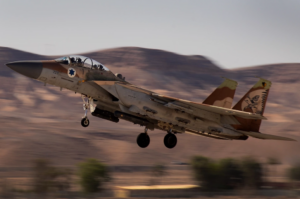
HUNTSVILLE, Ala. — Oshkosh Defense’s [OSK] protest of the Joint Light Tactical Vehicle (JLTV) follow-on production contract claims the Army didn’t properly assess the risk in switching suppliers, according to the company’s president. “That’s the gist of our protest is that [the Army] didn’t properly contemplate the overall risk associated in the competition,” Tim Bleck, president of Oshkosh Defense, told Defense Daily during an interview at the Association of the United States Army’s Global Force Symposium here last week. “We believe…

 By
By 








